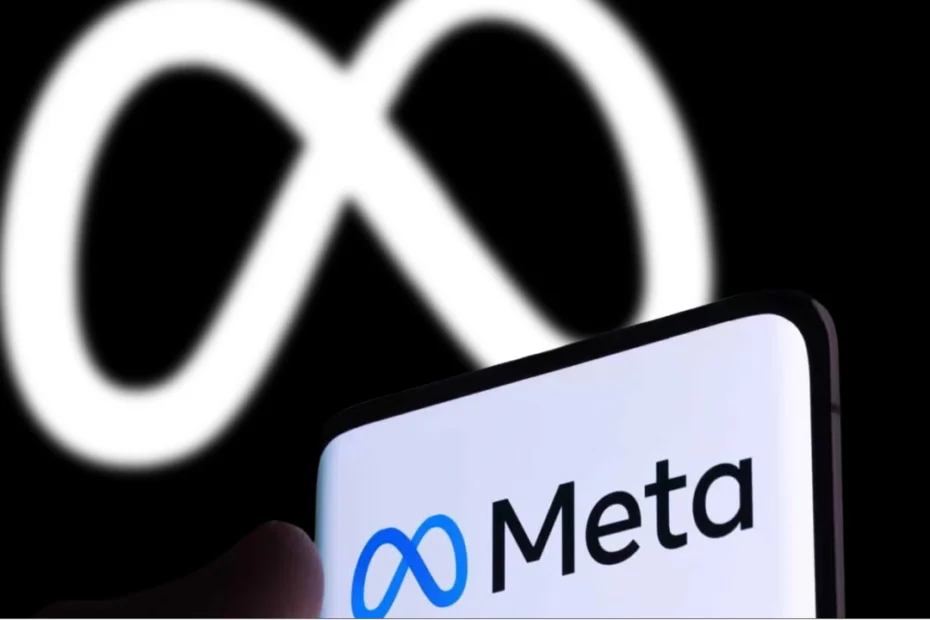After facing significant regulatory scrutiny, Meta decided to reassess its strategy concerning stablecoins following the halt of its initial cryptocurrency project, Libra, which was later renamed Diem before being abandoned in 2022.
The increased interest in stablecoins has sparked new worries among U.S. policymakers, notablySenatorElizabethWarren,whoisurgingthatBigTechcompaniessuchasMetabeexcludedfromlaunchingtheirownvirtualcurrencies.
Meta’s communication director, Andy Stone, has
publicly denied
These assertions straightforwardly state, “Diem is deceased. No Meta stablecoin exists.” Nevertheless, sources within indicate that unofficial talks continue discreetly.
Although Diem faced rejection due to opposition from regulators, legislators, and financial overseers, Meta appears to be stealthily exploring new strategies to reintroduce itself into the market.
stablecoin market
There hasn’t been an official statement about this yet. Nonetheless, rumors are circulating that the firm plans to introduce stablecoins to enhance creator payouts and ease global transactions.
Senator Warren calls for a stronger GENIUS Act to prevent Big Tech from dominating stablecoins.
Senator Elizabeth Warren is raising concerns about the GENIUS Act—the Guiding and Establishing National Innovation for U.S. Stablecoins Act—calling for significant modifications to stop major tech companies from joining the stablecoin marketplace.
Warren contends that the Senate needs to bolster the GENIUS Act and make it clear that major corporations like those in Big Tech shouldn’t have permission to possess or control such assets.
control stablecoins
.
Prior to the defeat of the GENIUS bill, she stated, “Should we manage to find a middle ground on these matters today, I’ll support the legislation. Otherwise, I will oppose it.”
Her worry is evident: Should major tech corporations gain financial dominion over digital currency platforms, they could potentially dissect user transactions, manipulate digital payments, and possibly squash rivals and critics.
Warren directly addressed Meta, specifically questioning CEO Mark Zuckerberg about whether his company intends to discreetly reintroduce former plans for launching its own stablecoin.
Warren stated that Zuckerberg has an obligation to inform Congress about whether this might be yet another attempt to covertly utilize public funds to bolster the market.
For Warren, the possibility of Meta or any technology firm controlling a digital currency poses a threat not only to financial businesses but also to the concept of democracy itself. She worries that this might amplify their influence dramatically, giving them excessive power over political processes, economic activities, and individual freedoms.
Legislators hinder stablecoin regulation efforts as Meta seeks to revive the initiative.
On Thursday, Democrats prevented the Senate from debating the GENIUS Act, legislation aimed at establishing a new program.
regulatory framework
for payment stablecoins.
The proposal was rejected with 48 votes in favor and 49 against, failing to reach the necessary threshold of 60 votes needed to advance towards final approval. The division followed largely partisan lines as bipartisan backing for the measure crumbled earlier in the week.
Although it was anticipated early on that this essential piece of legislation would quickly gain approval, certain Democratic senators opposed it. These senators voiced their reservations regarding several aspects such as anti-money laundering measures, national security clauses, and a few additional points. Due to these lingering concerns, they were unable to endorse the present form of the bill.
Warren and her supporters contend that the legislation might enable corporate entities to dominate financial activities without more robust protections. The GENIUS Act is currently under close scrutiny, prompting demands for revisions.
Senator Ruben Gallego from Arizona, who leads the Democratic side of the Senate Banking Subcommittee on Digital Assets, originally requested a postponement of the vote until Monday to provide additional time for consideration. Nevertheless, this plea was denied, and the Democrats subsequently voted against the bill.
The core issue revolves around whether firms such as Meta ought to be permitted back into the realm of stablecoins, an idea that numerous legislators, including Warren, see as posing significant risks to both financial stability and democratic scrutiny.
The GENIUS Act is now back in negotiations, and some lawmakers remained hopeful it could reappear on the Senate floor as early as next week.
KEY Difference Wire
the hidden weapon cryptocurrency initiatives employ for assured press exposure
